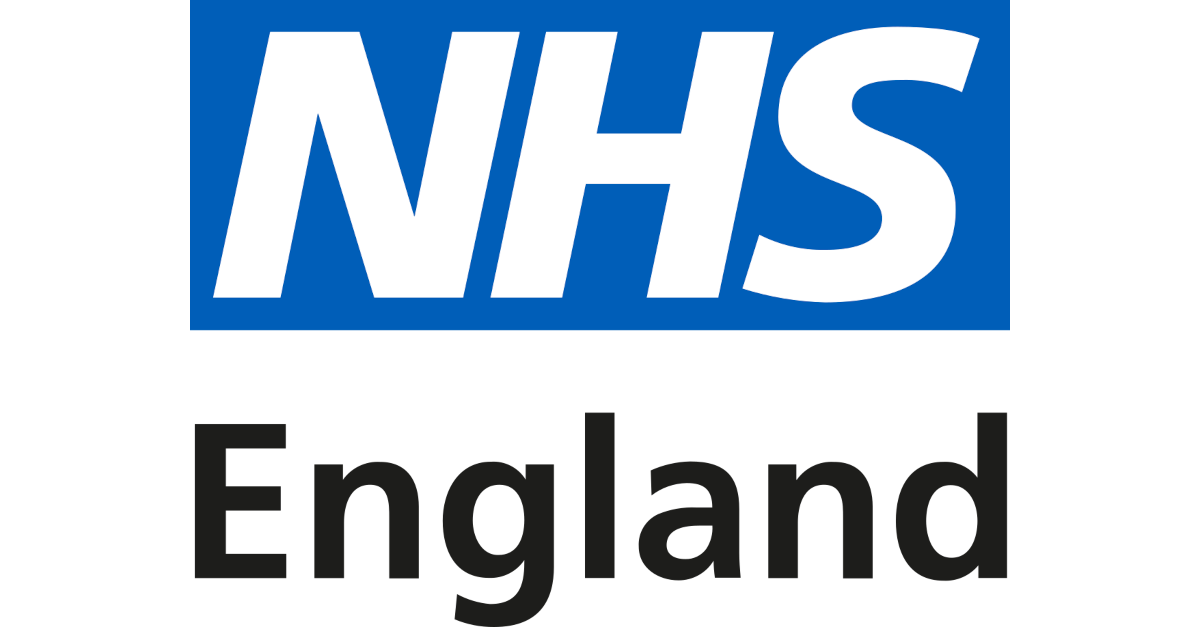There were more patients in hospitals last week than at any other point so far this winter, as the number of norovirus cases in hospital continued to rise.
Data published today by the NHS shows that 961 patients a day were in hospital with norovirus last week, up 7% on the week before and 69% higher than the same period last year (570 for the week ending 4 February 2024).
There were an average of 98,101 patients in hospital each day for the week – higher than at any point so far this winter. Around 96% of adult hospital beds were occupied, also a record for this winter.
Almost 1 in 7 beds (13,776) were taken up by patients who did not need to be in hospital and were well enough to be discharged – a record high for this winter.
Flu rates have dropped since last month’s peak, but more than 2,462 patients were still hospitalised with the illness on average each day last week, including 122 in critical care.
Other winter viruses are also continuing to circulate with almost 1,000 patients on average (952) in hospital with COVID-19 every day last week, a slight decrease on the previous 7 days (995); while 18 children on average were in hospital with RSV each day – a decrease from the previous week (28).
The data comes as new analysis set to be presented at NHS England’s board meeting this afternoon shows NHS acute productivity has grown by 2.4% in the first 7 months of this financial year.
NHS staff have delivered a 6.3% increase in acute activity this financial year, while spending adjusted for growth increased by just 3.9%.
This has been driven by a range of improvements, including hospitals delivering more same day surgeries, and the slashing of agency staff costs by £500 million to its lowest ever level.
NHS services have also managed to make a further £5.7 billion of savings this year through reduced staffing costs.
Professor Julian Redhead, NHS National Clinical Director for Urgent and Emergency Care, said: “Hospitals are continuing to treat hundreds of patients who are ill with the highly infectious and unpleasant norovirus bug, with the rate of cases at the highest level recorded for this time of year since 2020.
“The twin pressures of winter viruses and problems discharging patients means hospitals are close to full – even as more beds have been opened to manage the increased demand.
“While pressures on hospitals remains incredibly high, it’s vital people continue to use NHS services in the normal way – using 111 and 111 online if you need advice and support for health conditions, and only using 999 or attend A&E in life-threatening emergencies.”
NHS leaders have put in place a series of measures this winter, including upgraded 24-hour co-ordination centres, support for frequent users of A&E services, strengthened same day emergency care and more care in the community.
Health and Social Care Secretary, Wes Streeting, said: “The broken NHS this government inherited has led to patients and staff facing unacceptable conditions in hospitals up and down the country this winter.
“It will take time to fix the NHS, but with investment and proper reform, we can make our health service fit for the future and make sure that annual winter pressures do not automatically lead to an annual winter crisis.
“We’ve taken important steps to reduce pressures this year – including ensuring doctors are on the frontline and not the picket line – and over the coming years, our Plan for Change will deliver the necessary reforms to improve urgent and emergency care services, and reduce waiting times.”
Norovirus is a stomach bug that causes vomiting and diarrhoea and while it can be very unpleasant, it usually gets better in about 2 days.
If someone has norovirus, they can usually treat it at home by drinking lots of fluids, getting plenty of rest, and taking paracetamol if they are in discomfort.
Amy Douglas, Epidemiologist at the UK Health Security Agency, said: “Norovirus cases are way above what we would usually see at this time of year and outbreaks in hospitals continue to rise. Just because you’ve had norovirus doesn’t mean you won’t get it again.
“It’s really important that if you have diarrhoea and vomiting, you take steps to avoid passing the infection on. Please avoid visiting people in hospitals and care homes to prevent passing on the infection in these settings.
“Do not return to work, school or nursery until 48 hours after your symptoms have stopped, and don’t prepare food for others in that time either. This is because you can still pass on the virus in the days after you stop being sick.
“Washing your hands with soap and warm water and using bleach-based products to clean surfaces will also help stop infections from spreading. Alcohol gels do not kill norovirus so don’t rely on these alone.
“Norovirus infections can cause dehydration, especially in vulnerable groups such as young children and older or immunocompromised people, so if you do get ill it is important to drink plenty of fluids during that time.”
If someone has norovirus, they can help prevent infecting other people by washing their hands with soap and water, cleaning clothes, bedding and toilet areas, and avoiding contact with others as much as possible.
The weekly situation report publications can be found here: Statistics » Urgent and Emergency Care Daily Situation Reports 2024-25
The productivity board paper can be found here: NHS England » NHS productivity update

